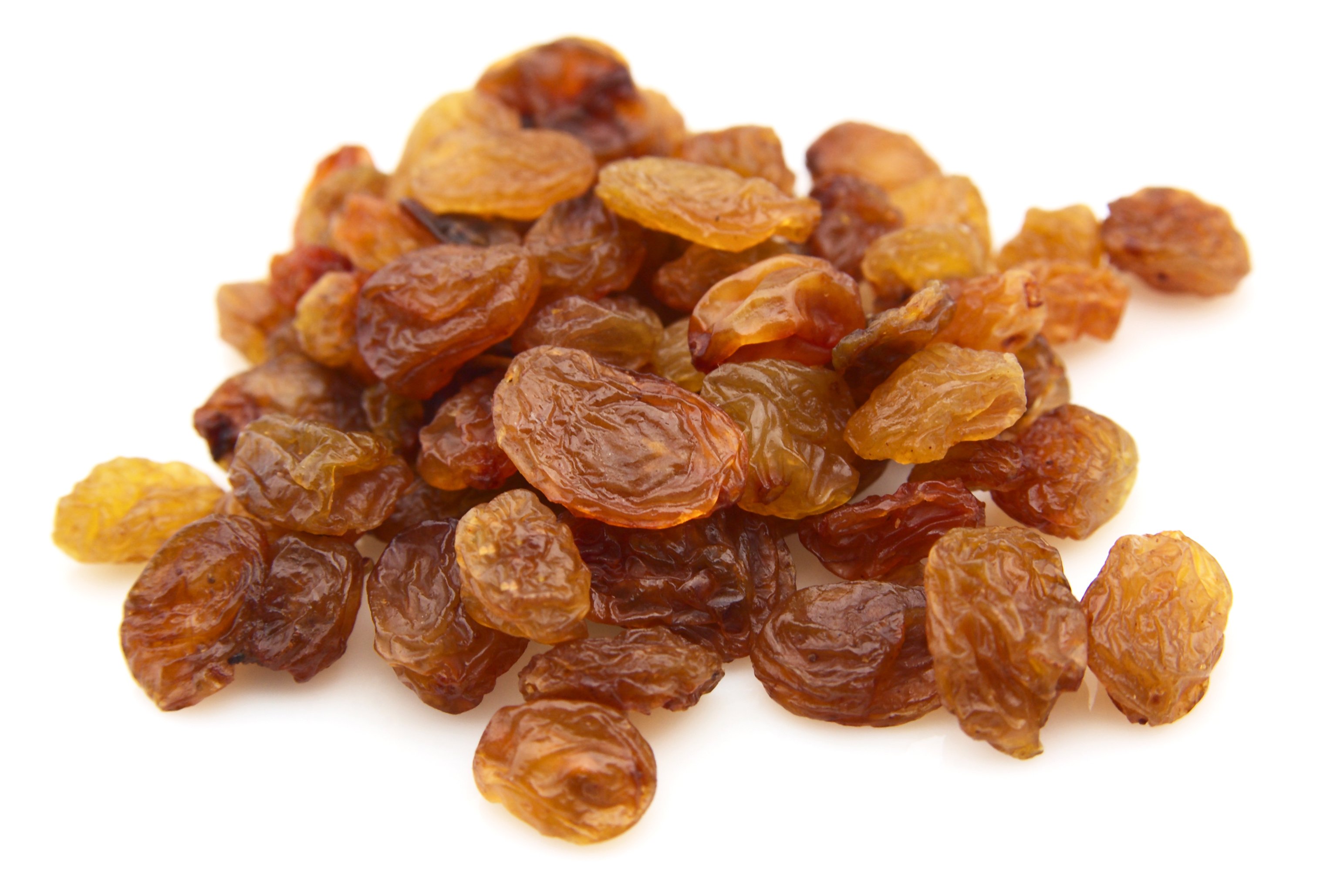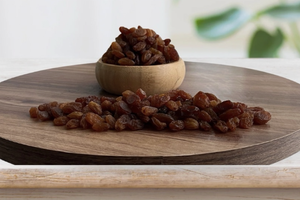Dried foods have been consumed for thousands of years thanks to their long shelf life and nutrient-dense content. Raisins, apricots, and other dried fruits, in particular, provide energy and support the body with their vitamins, minerals, and antioxidants. Thanks to modern food processing technologies, these foods can be produced in healthier and safer ways today. So, is consuming raisins, in particular, truly healthy? This article, based on scientific research, examines the health effects of raisins in detail and presents them in an SEO-friendly format. 🧬 Nutritional Value and Components of Raisins Raisins are a fruit obtained from grape varieties of the Vitis vinifera L. species, dried either naturally or through industrial drying techniques. Essential Nutritional Content (100 g): Energy: 299–301 kcal Sugar: 60% (glucose + fructose) Fiber: 3.3–4.5 g Potassium: 744 mg Phenolic compounds: quercetin, kaempferol, rutin Tartaric acid: An organic acid that supports digestion Although raisins are high in sugar, they are also a dried food rich in fiber, antioxidants, and polyphenols, making them a healthy snack. ❤️ Cardiovascular Health and Raisins Do They Lower LDL Cholesterol? Yes. Raisins may be effective in lowering LDL (bad cholesterol) levels. This is due to: The anti-inflammatory effect of polyphenols Reduced cholesterol absorption thanks to fiber Potassium balances blood pressure Furthermore, a study observed a decrease in systolic blood pressure and a better cholesterol profile in individuals who consumed 160 g of raisins per day. 🍬 Diabetes and the Glycemic Index: Are Raisins Harmful? No. Despite their high sugar content, raisins have a low to moderate glycemic index (GI) (between 49 and 69), making them a suitable snack for diabetics. Insulin Resistance and Raisins According to research, consuming raisins both slows down blood sugar rises and helps balance insulin release. They are also recommended as a low-GI pre-workout snack. 🦷 Oral and Dental Health: Sugary But Harmless? Despite their sugary texture, raisins have a low stickiness to teeth and don't lower the oral pH to acidic levels. Furthermore, the antibacterial properties of the phenolic compounds they contain can help prevent the growth of harmful bacteria in the mouth. Effects on Gut Health and Microbiota Fiber + Tartaric Acid = Digestive-Friendly Combination Raisins contain tartaric acid and dietary fiber, which contribute to digestive health. Studies have shown that consuming 84 grams of raisins daily: Increases stool weight Reduces transit time Supports colon health Prebiotic Effects Raisins have a prebiotic effect by nourishing the beneficial bacteria in our gut. They particularly encourage the growth of species such as Bifidobacteria and Lactobacillus. Effects on Alzheimer's and Cancer Preclinical (cell and animal) studies have shown that raisin extracts: Suppress the growth of gastric and colonic tumor cells Protect against the toxic effects that cause Alzheimer's disease. While these findings don't directly prove their effects on humans, they are promising findings for future research. 🍽 Effects on Diet Quality and Satiety Research has shown that consuming raisins: Increases feelings of fullness Reduces daily energy intake Improves diet quality (increases fiber, potassium, and less saturated fat intake). Raisins = A healthy snack. ⚠️ Things to Consider About Dried Foods Mycotoxin Risk Dried foods like raisins can be contaminated with toxins like ochratoxin A under poor drying conditions. Therefore, they should be purchased from reliable sources produced using modern food processing technologies. 📌 Conclusion: A Handful of Raisins Every Day According to scientific data, raisins: Support heart health Balance blood sugar Regulate digestion Do not harm oral health Improve diet quality A source of antioxidants Consuming 80–90 grams (half a cup) of raisins daily can be an excellent supplement for a healthy life. 📚 References Olmo-Cunillera, A., Escobar-Avello, D., Pérez, A.J., et al. (2020). Is Eating Raisins Healthy? Nutrients, 12(1), 54. https://doi.org/10.3390/nu12010054 USDA National Nutrient Database: https://ndb.nal.usda.gov Shahidi, F., Tan, Z. (2013). Raisins: Processing, phytochemicals, and health benefits. In Dried Fruits (pp. 372–392). Wiley.




